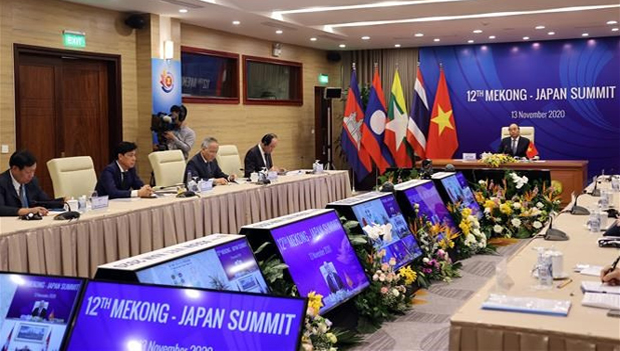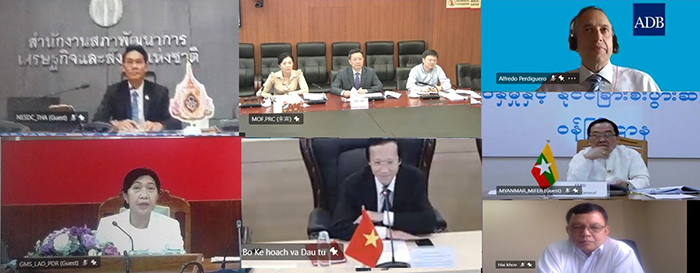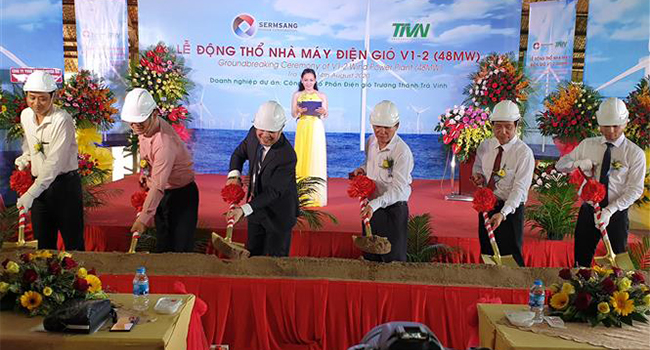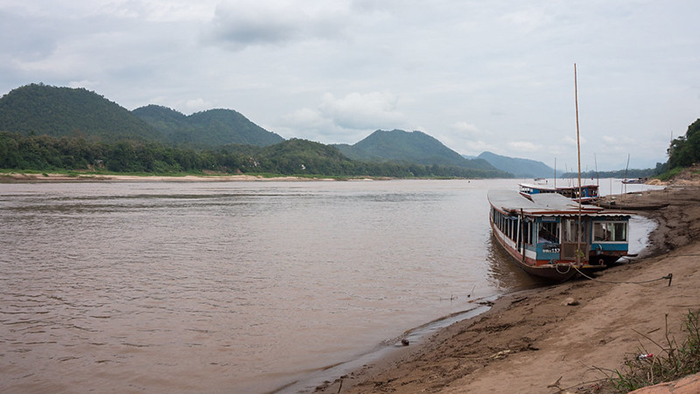Guangxi Province Releases Action Plan to Promote Marine Economy
The General Office of the People's Government of Guangxi Zhuang Autonomous Region in the People's Republic of China released a “Three Year Action Plan for Guangxi to Accelerate the Development of Xianghai Economy and Promote the Construction of a Strong Ocean Region (2020-2022)” on 29 September. The Action Plan proposes the (i) development of large-scale, intensive, and sustainable offshore wind power resources, and (ii) construction of an offshore wind industrial value chain, with offshore wind industry clusters and industrial parks.





